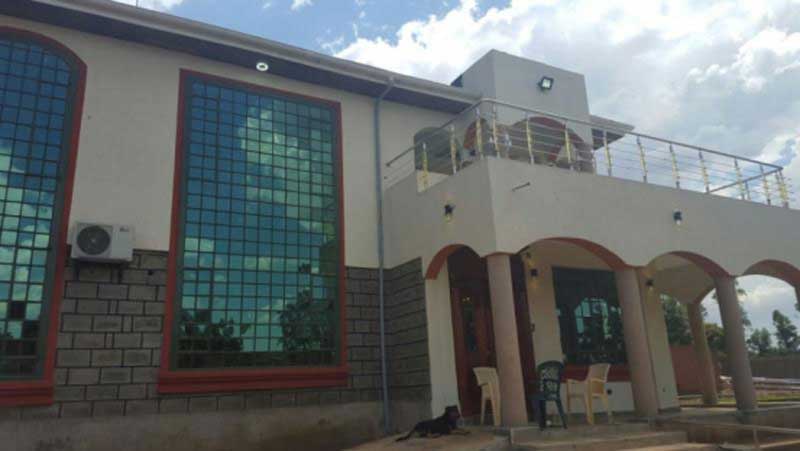
Debates on money allocated for building the governors’ and speakers’ official residences’ and other engagements of their offices, have dominated the public particpation forums , at the expense of other crucial matters.
The focus on the anticipated expenditures by the offices of the governor and the speaker was informed by the general suspicion that the top county officials always influence the budget-makers to exaggerate their allocations. While it was important to scrutinize the anticipated expenditure of the top offices, this should not distract attention from matters that affect the public directly.
Sh150m or Sh40m?